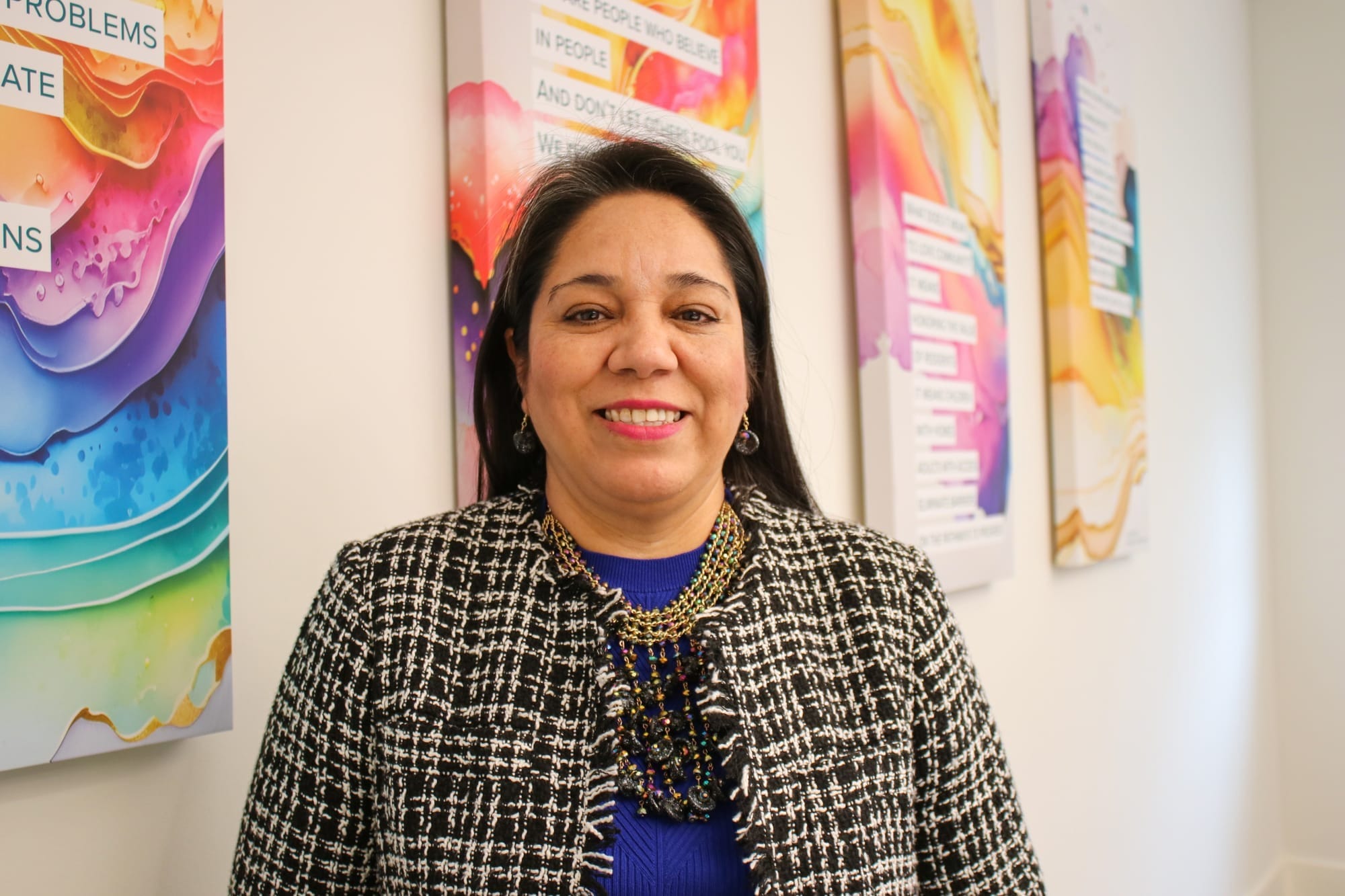
Tiny News Collective exists to support early-stage news entrepreneurs all across the United States who are raising their hands to provide community-focused news and information and places for community connection. We are who we are because of the founders we serve. And we want the journalism field, the civic information space and beyond to know about the creative, impactful work of these founders. To that end, we are thrilled to highlight their stories through an ongoing series of profiles and features.
For our latest feature, we caught up with Claudia Amaro, who started Planeta Venus in 2015 as a radio show based in Wichita, Kansas. It later expanded to a website, newsletter, mobile app and online calendar, with the goal being to “inform, connect and empower” Latinos across Kansas and around the world. Claudia talks about Planeta Venus’s first Latino Awards Dinner last year, as well as its launch of Spanish-language computer classes at a local library. “Ultimately, I envision a more informed, engaged and healthy Latino community — one where people feel seen, heard and equipped to participate fully in public life,” she said.
Planeta Venus was launched in November 2015 as a weekly radio show on a local station. The idea came from my deep love for news, radio and community. At the time, we were experiencing a politically hostile environment, especially toward immigrant communities. Most mainstream news coverage either overlooked us or portrayed us negatively.
I approached a friend at the radio station to propose a space where we could provide local news in Spanish and offer a platform to uplift our voices. The show quickly became a trusted source of information for many.
When I started Planeta Venus, I had just taken part in a national civil disobedience with a group known as the Dream 9. I have always been very transparent about my immigration status, which has allowed our immigrant community to identify themselves with my own experience. I have always followed what others call "do it the right way" and still find a lot of obstacles. My story has already been shared several times, and as I always say, my story is only one of 11 million. Everybody has a story of love, resilience, grit and accomplishments, and I want to share all of them.
The name “Planeta Venus” was inspired by the book Men Are from Mars, Women Are from Venus. My initial vision was to speak directly to Latina women — often the information gatekeepers of their families — with the hope that they would share the news with their loved ones. Nearly a decade later, the name stuck, and so did the mission: to inform, connect and empower our community.
Absolutely. Many people have told me that their lives feel divided into before and after Planeta Venus. They describe feeling more informed, valued and empowered as a result of our work. One story that made a direct impact was when we reported on a woman who had been unfairly evicted. Our coverage led to community support that helped her recover her belongings.
We’ve also told stories that have reached far beyond Wichita. For example, our reporting on how Latino families care for their elders gained national attention and helped shift the narrative on cultural caregiving practices. We’ve conducted investigative pieces on the lack of Latino representation in city leadership despite our population’s growth and on the disproportionate violence experienced by Latinos at the hands of local law enforcement. These are stories often ignored by mainstream outlets, but they are essential to understanding — and changing — the lived realities of our community.
The first Latino Awards Dinner, which took place last summer, was a tremendous success. We honored 16 outstanding Latinos from across Kansas who are doing incredible work in their fields and communities. The event was deeply emotional and uplifting; it left a lasting impact on everyone who attended.
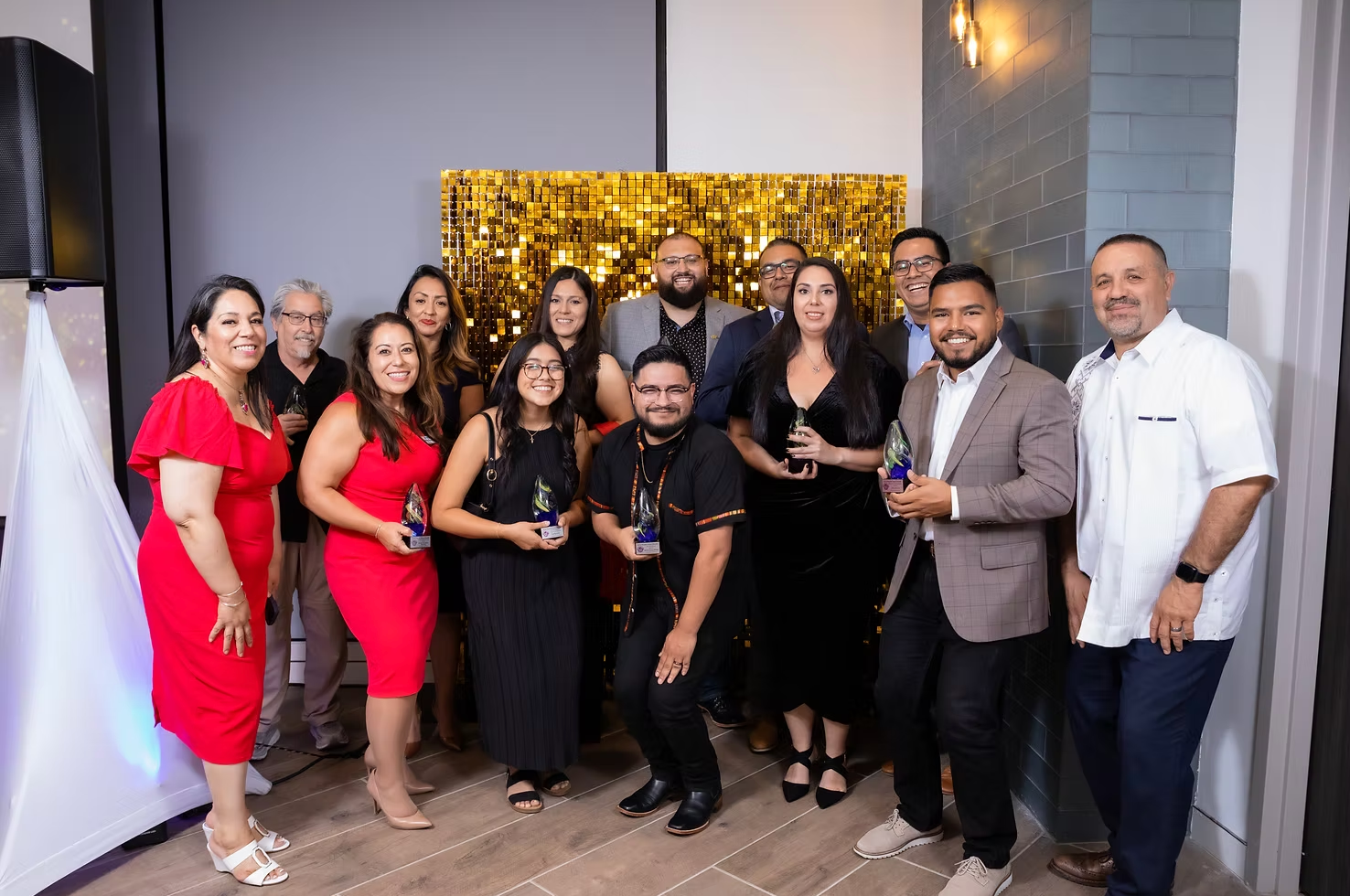
It aligns perfectly with our mission to recognize, uplift and amplify Latino voices. While Planeta Venus started as a media platform, we have grown into a movement that builds community, creates visibility and fosters pride in Latino identity. Events like the awards dinner strengthen our relationships, increase community trust, and also support our sustainability model through sponsorships and partnerships.
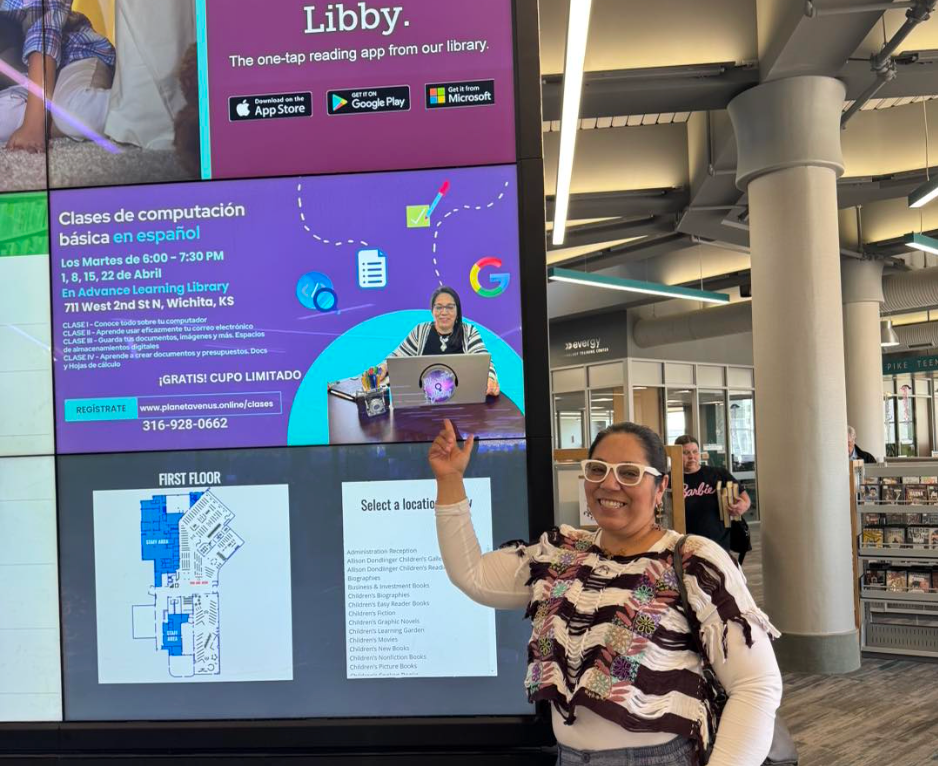
Our computer classes have been a resounding success. Since March, we’ve trained nearly 100 Latinos in Wichita and Southwest Kansas, and demand continues to grow. We've partnered with churches, adult education centers and ESL programs to bring the classes directly to where people are.
A National Skills Coalition report found that 57% of Latinos aged 16 to 64 had low or no digital skills, compared to a U.S. average of 31%. I attended the Aspen Institute annual conference for Latinos in 2022 and 2023 where I learned about these statistics and started looking for ways to bridge the gap with Latinos in Kansas.
These classes are not only bridging the digital divide but also bringing people closer to local news and civic participation. We’ve seen increased engagement with Planeta Venus as a result. People are subscribing to our newsletter, reading our articles and downloading our mobile app. It’s a beautiful cycle: the more empowered our community becomes with digital tools, the more they can stay informed and connected through our platforms.
My vision for Planeta Venus is to grow into a regional hub for bilingual information, civic engagement and community resources. I want it to be more than a newsroom. I want it to be a trusted ally that helps people navigate life in Kansas with dignity and clarity.
I’m proud to be part of the CUNY AI Community Engagement Lab this year, which is equipping us with tools to strengthen our newsroom’s operations and use AI to serve our audience better. I’m also participating in the Reynolds Journalism Institute Fellowship, where I’m developing bilingual resources to help other journalists report on immigration at the local level.
Ultimately, I envision a more informed, engaged and healthy Latino community — one where people feel seen, heard and equipped to participate fully in public life.
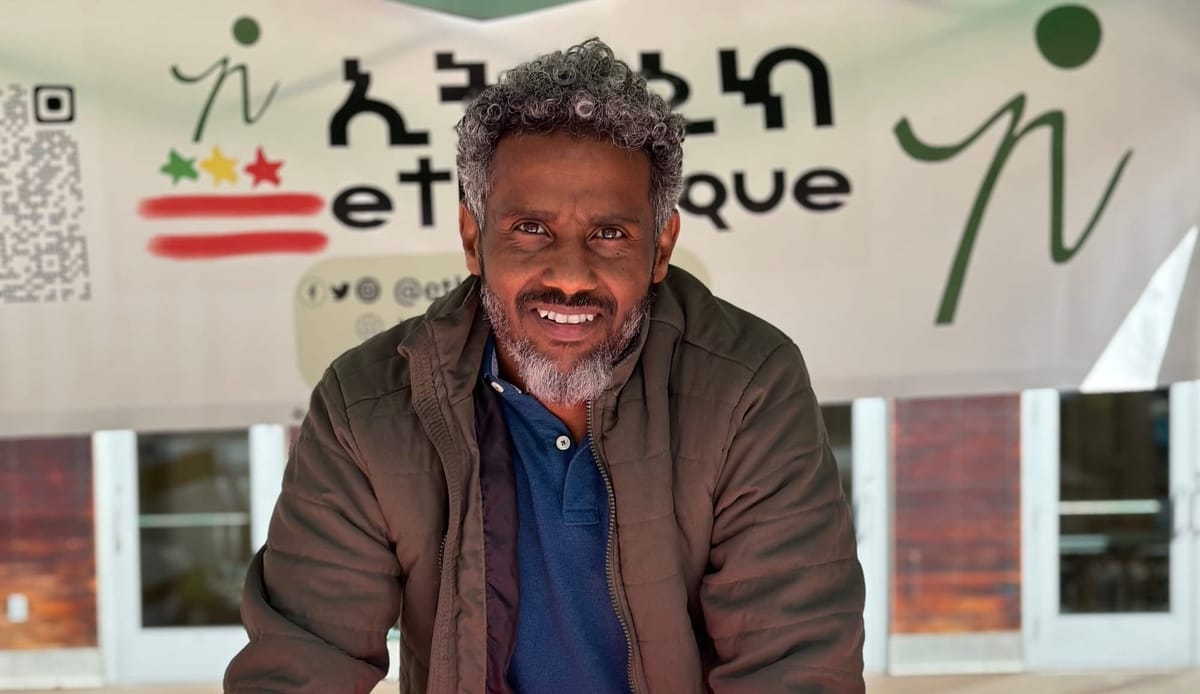
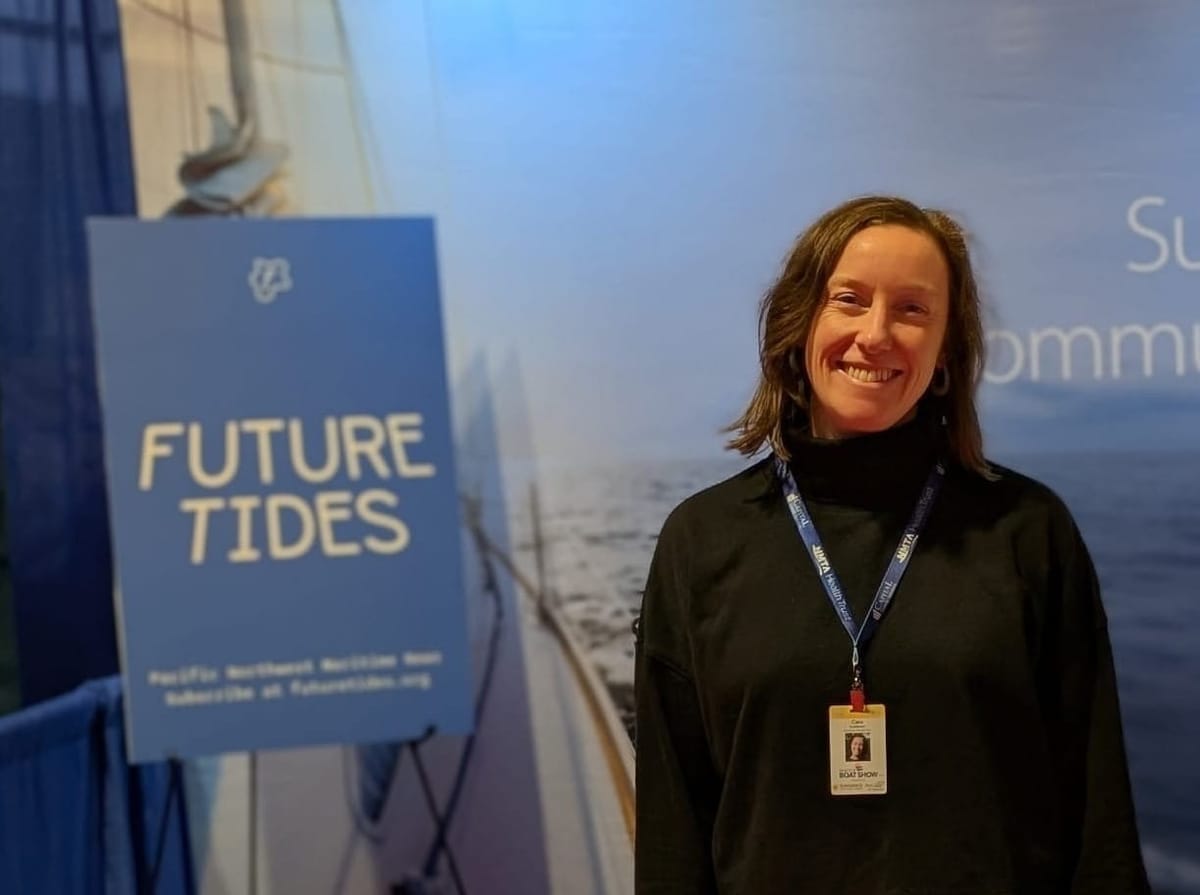
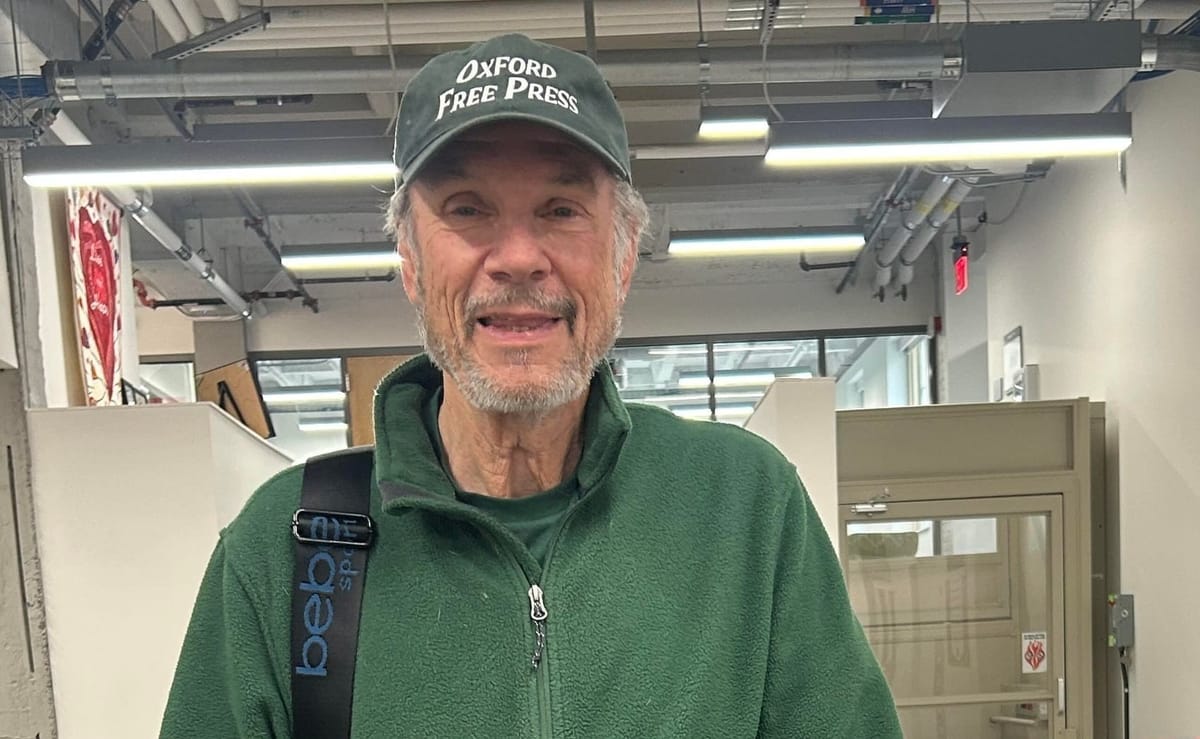
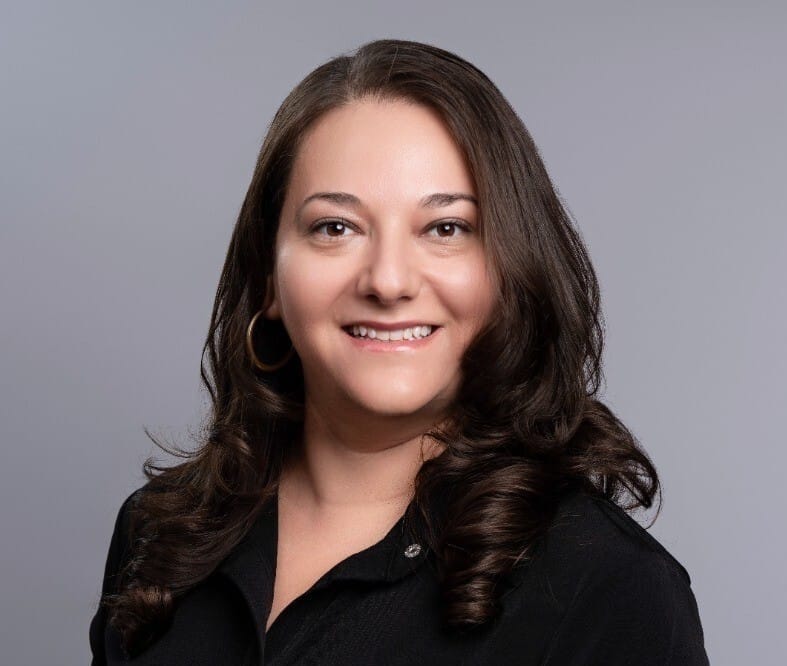
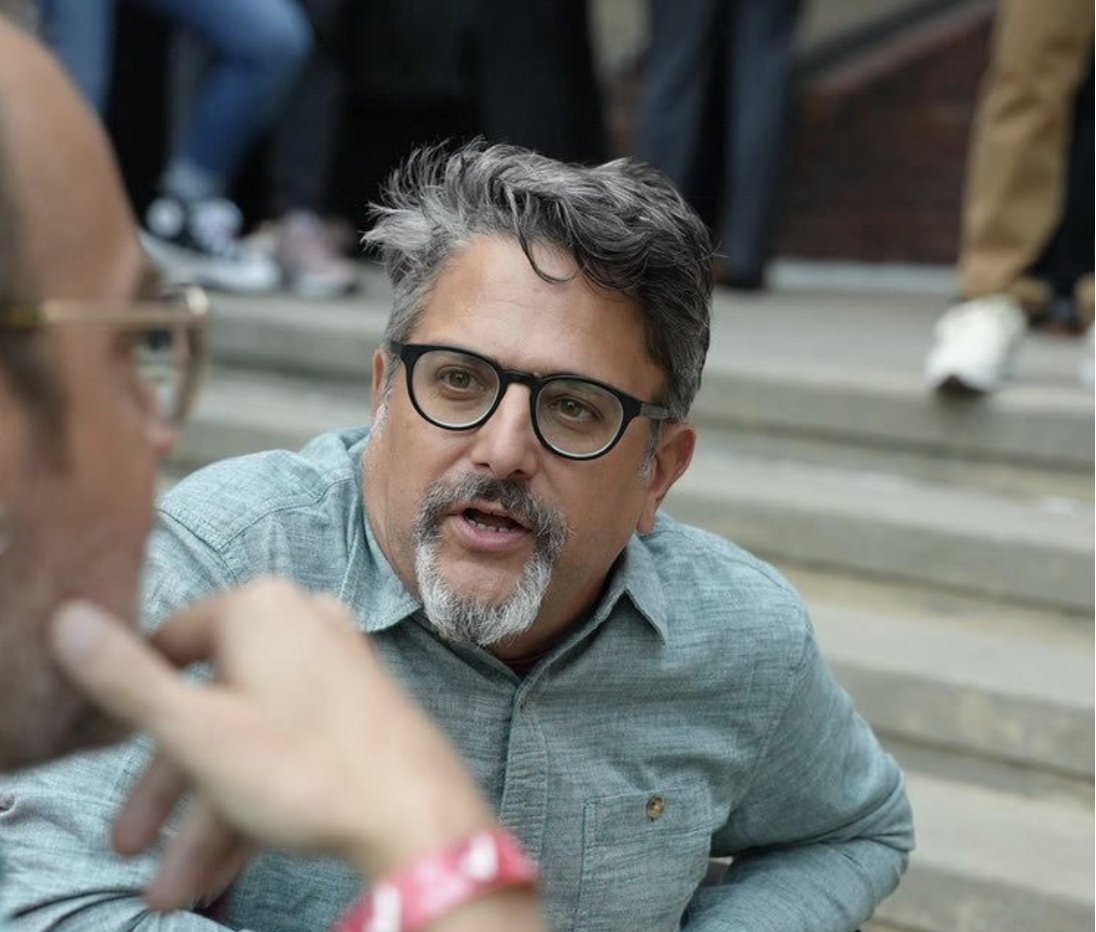
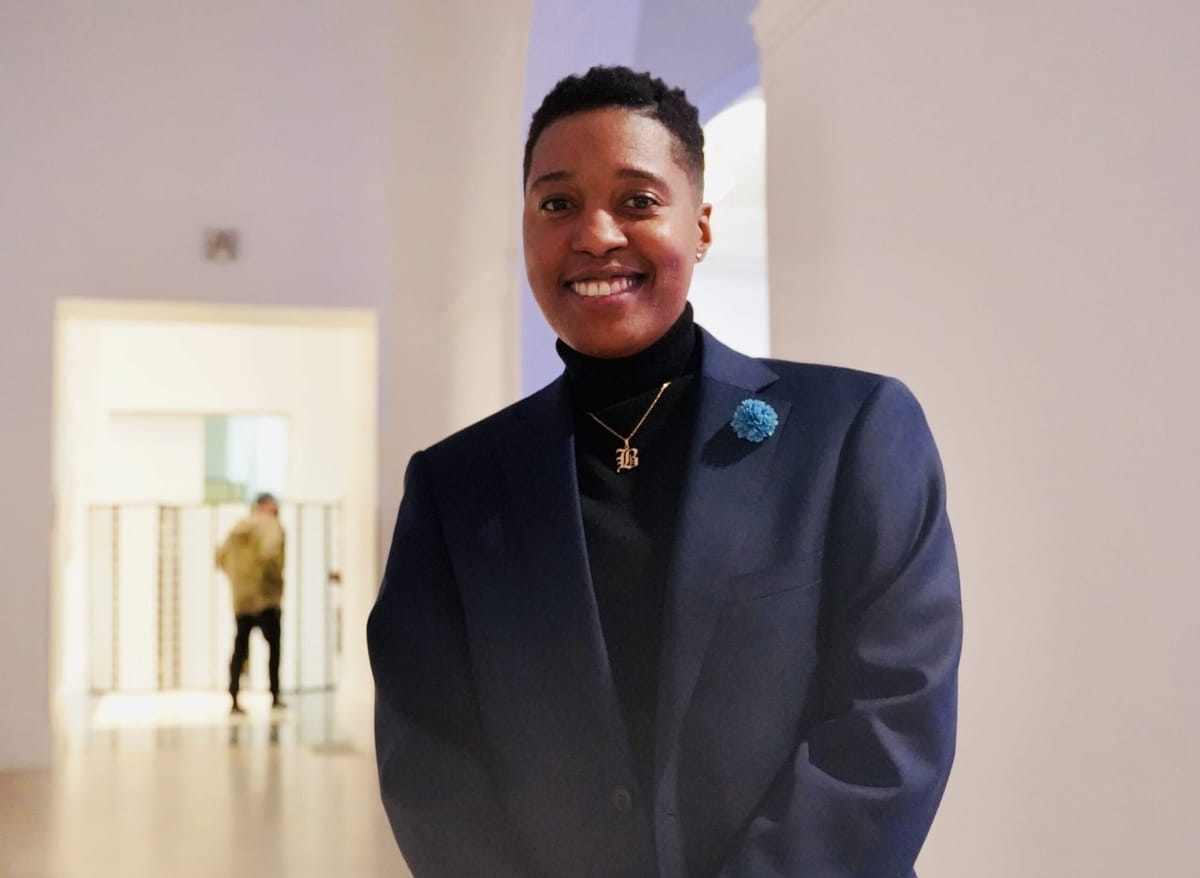
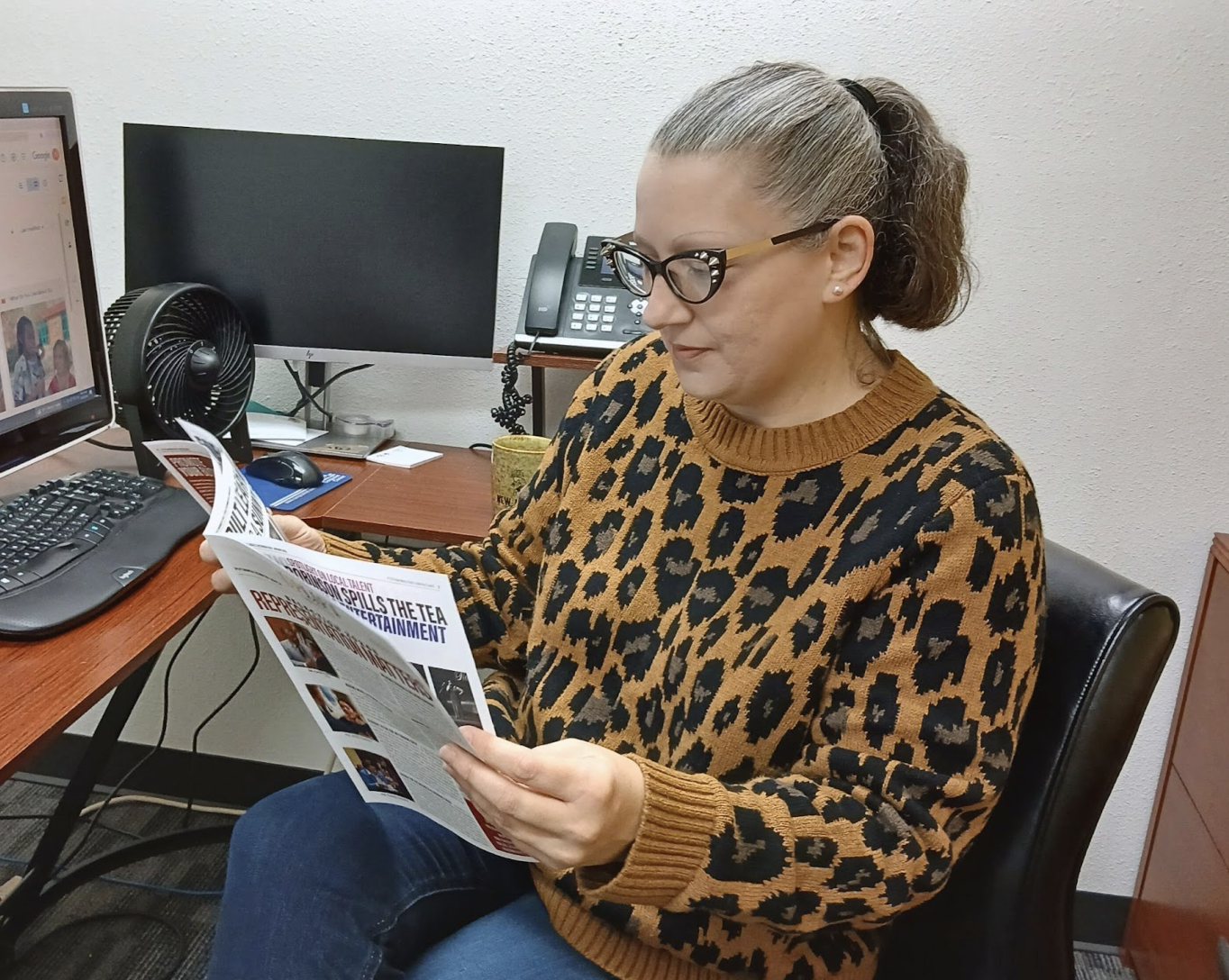
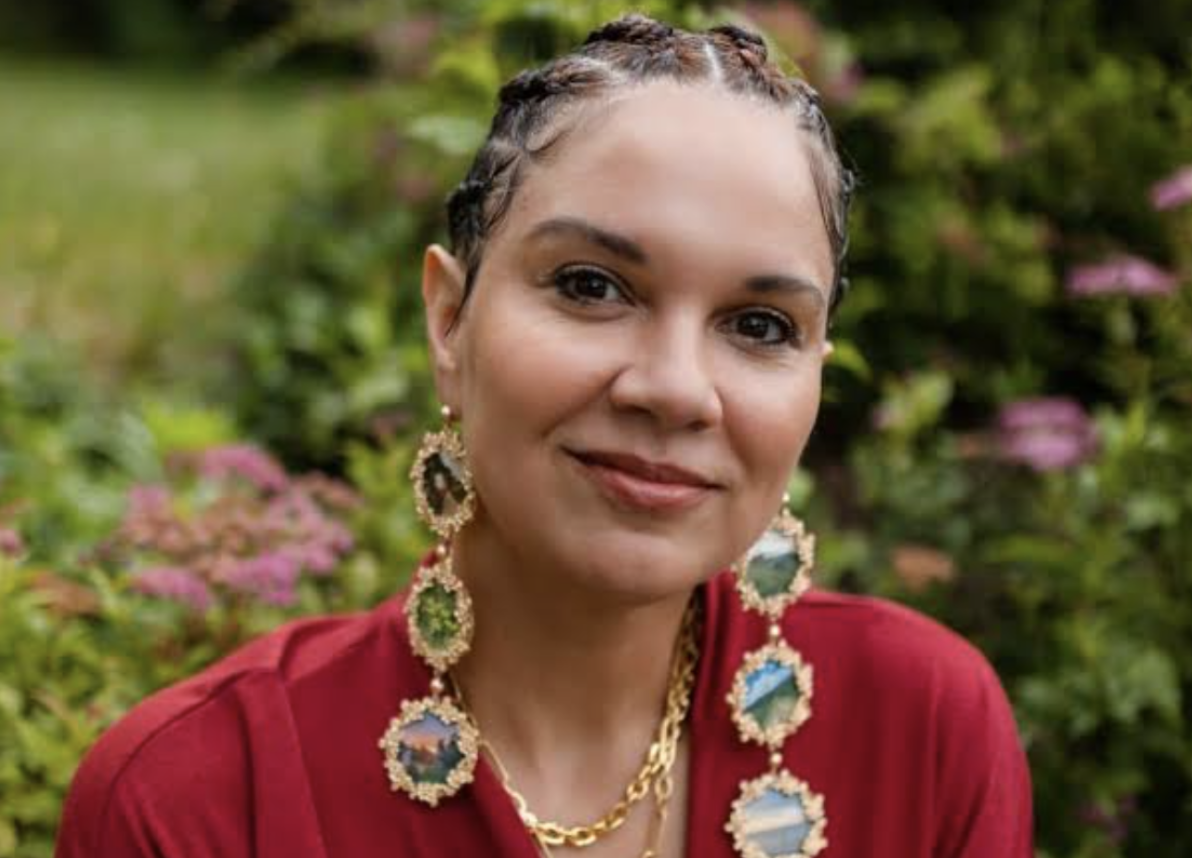
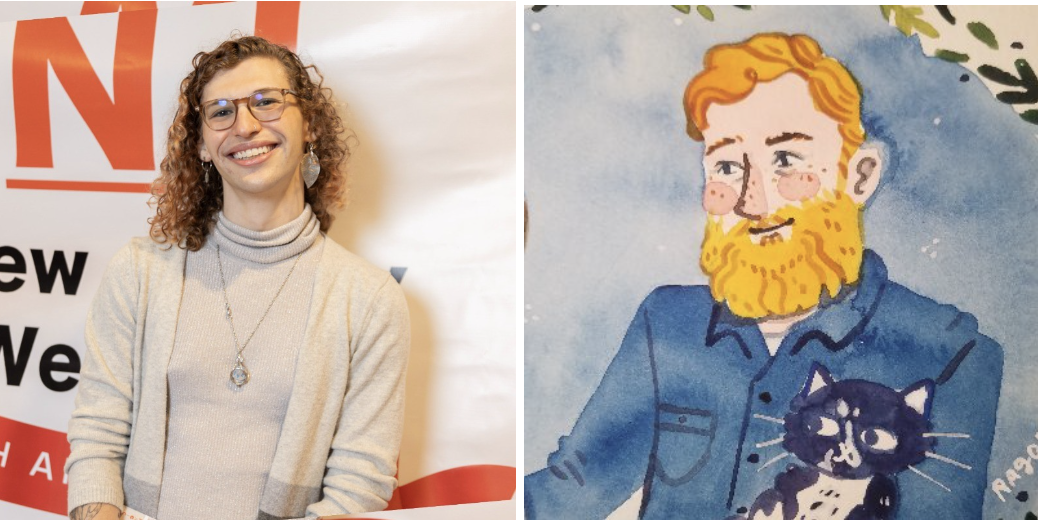
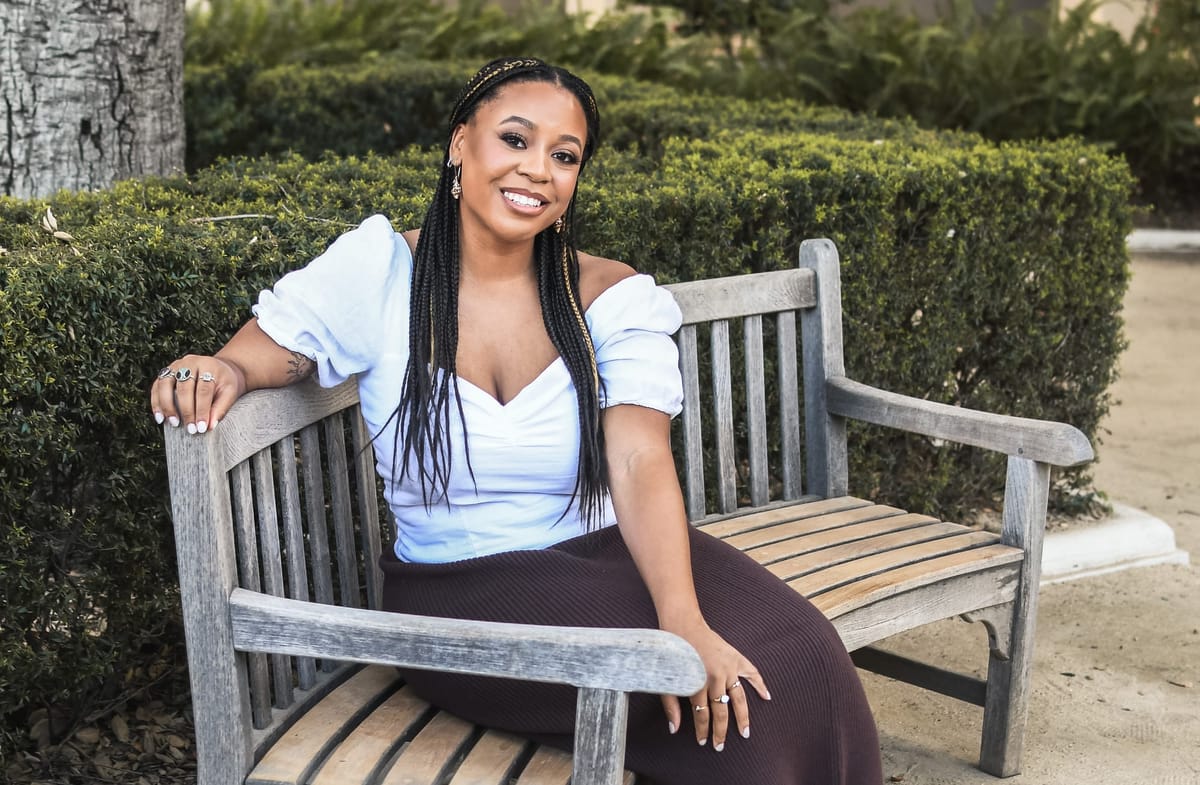
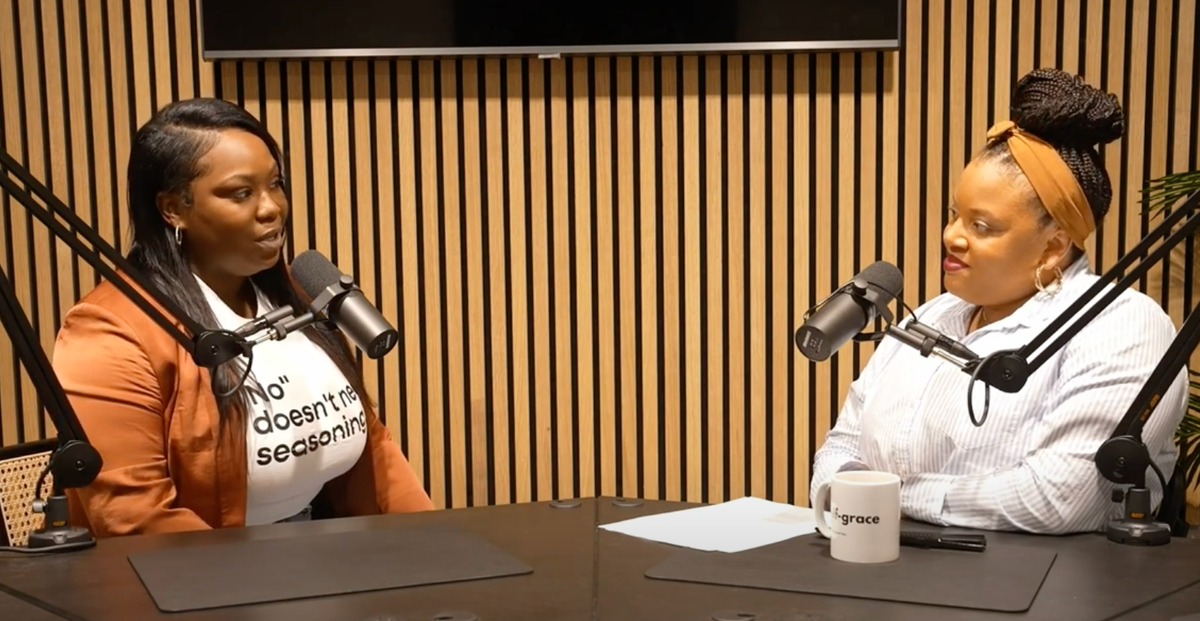
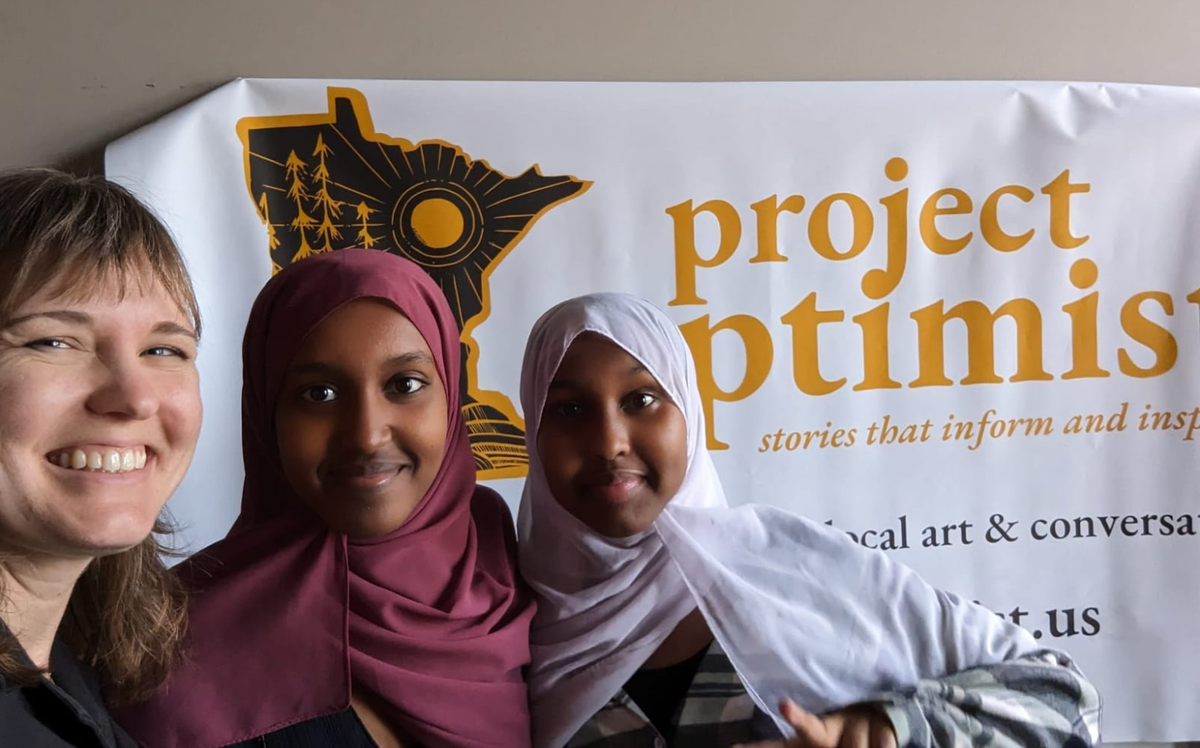
Sign up for our monthly newsletter for ongoing updates, announcements, and resources for newsroom entrepreneurs.